intelligence
Latest
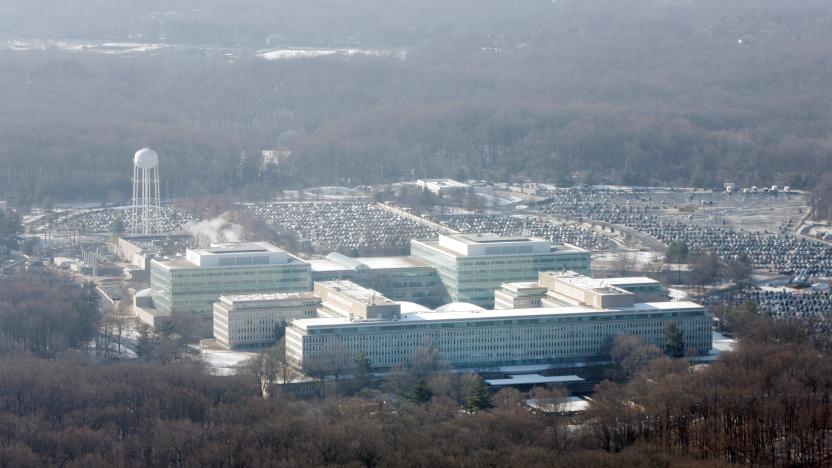
Even the CIA is developing an AI chatbot
The CIA confirmed that it’s developing an AI chatbot for all 18 US intelligence agencies to quickly parse troves of ‘publicly available’ data.

Amazon re-awarded $10 billion NSA cloud contract after Microsoft dispute
Amazon has been re-awarded a $10 billion cloud contract with the NSA after a fight with Microsoft.

President Biden signs memo to help improve military cybersecurity
President Biden has signed a memorandum to help improve cybersecurity for military and intelligence agencies.

Peacock's first streaming originals include a 'Brave New World' series
Also on the launch lineup are David Schwimmer-starring sitcom Intelligence, Cleopatra in Space and a Where's Waldo? show.
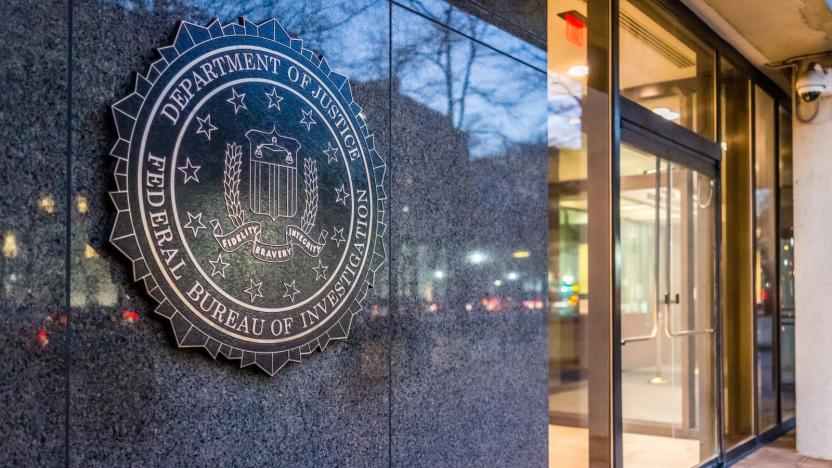
FISA court: FBI use of NSA's electronic surveillance data was illegal
A US court ruled that some of the FBI's electronic surveillance activities violated the constitutional privacy rights of Americans. The Foreign Intelligence Surveillance Court (FISC) deemed that FBI officials improperly searched a National Security Agency (NSA) intelligence database for info on Americans. The ruling was made last year but just revealed by the intelligence community today.

Government hackers reportedly broke into Russian search company Yandex
According to a Reuters report, hackers working for Western intelligence agencies reportedly broke into Yandex, the company often referred to as "Russia's Google." The hackers were allegedly looking for technical information that would indicate how Yandex authenticates user accounts. That information could help a spy agency impersonate Yandex users and obtain access to their private messages.

Colorado college students were secretly used to train facial recognition
Researchers used over 1,700 photos of students and others without their permission for a facial recognition study sponsored by US military and intelligence services, according to the Colorado Springs Independent and Financial Times. While technically legal, it has raised questions about privacy around facial recognition tech, especially considering how the photos might end up being used. "This is essentially normalizing peeping Tom culture," the Electronic Frontier Foundation's David Maas told CSIndy.

US government warns China may have access to drone data
Today, the Department of Homeland Security issued an alert warning that Chinese-made drones may be sending flight information back to their manufacturers, who could share it with third parties. According to CNN, the alert warns companies and organizations that the US government has "strong concerns about any technology product that takes American data into the territory of an authoritarian state that permits its intelligence services to have unfettered access to that data."

The NSA says it's time to drop its massive phone-surveillance program
The National Security Agency (NSA) has formally recommended that the White House drop the phone surveillance program that collects information about millions of US phone calls and text messages. The Wall Street Journal reports that people familiar with the matter say the logistical and legal burdens of maintaining the program outweigh any intelligence benefits it brings.
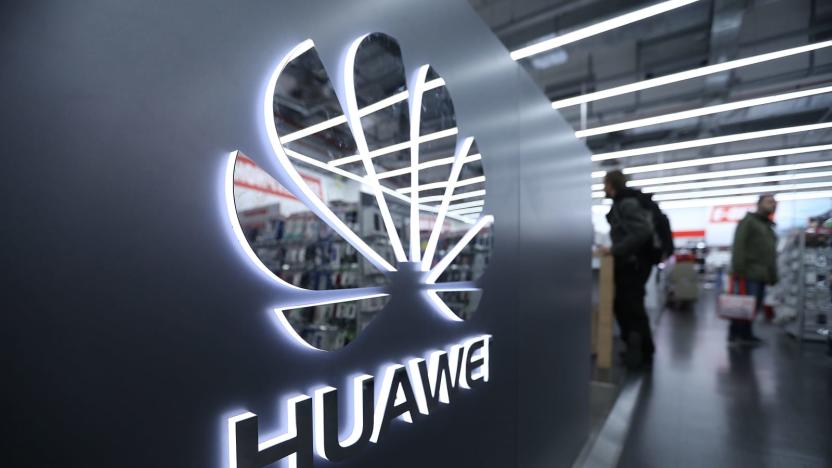
US may punish Germany if it uses Huawei tech
The US hasn't been shy about pressuring its allies to ditch Huawei, but now it's turning to threats of serious consequences. The Wall Street Journal has learned that the US' Ambassador to Germany, Richard Grenell, wrote a letter to Germany's economy minister warning that the US would limit its intelligence sharing with the country if it lets Chinese vendors like Huawei participate in building its 5G networks. Secure communications are vital for defense, Grenell argued, and companies like Huawei could undermine that security.
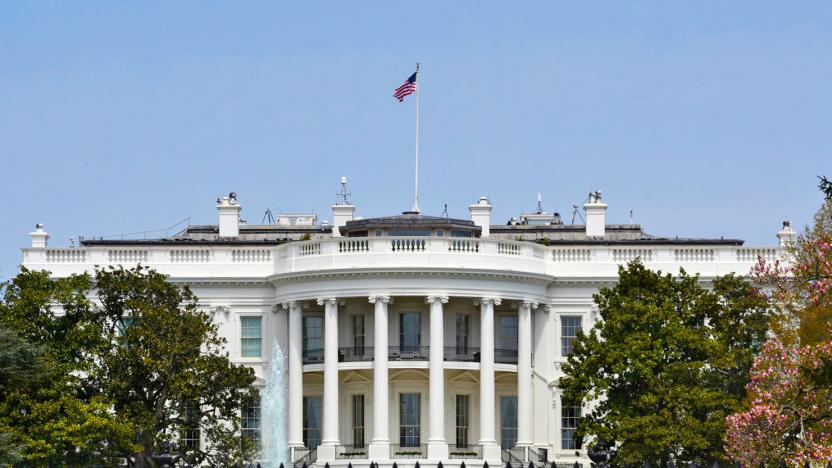
Trump reportedly reverses Obama-era rules for US cyber operations
The Trump administration has reportedly reversed an Obama-era framework for how and when the US can use cyber attacks against foes. President Trump undid Presidential Policy Directive 20 yesterday according to the Wall Street Journal's sources, and with it reversed a classified framework detailing a multi-agency process that must be followed before carrying out an attack.

US intelligence agencies warn buyers to avoid Huawei smartphones
After being rebuffed by carriers AT&T and Verizon, Huawei's push to sell phones in the US isn't getting any easier. Six top US intelligence chiefs, including the heads of the FBI, CIA and NSA, told Americans they wouldn't recommend buying products or services from the Chinese manufacturer, CNBC reports. "We're deeply concerned about the risks of allowing any company or entity that is beholden to foreign governments ... to gain positions of power inside our telecommunications networks," FBI Director Chris Wray testified to the Senate Intelligence Committee.

UK government has its own AI for detecting extremist videos
Stemming the tide of extremist online content has been a major focus for tech giants in recent times, but despite their efforts, the UK parliament has condemned companies such as Facebook, YouTube and Twitter for "consciously failing" to take robust enough action. To mitigate the problem, the Home Office has developed its own AI program that can detect Islamic State (IS) propaganda online with a 99.99 percent success rate.

Lebanese hackers stole a ton of data then left it on an open server
The Electronic Frontier Foundation and mobile security company Lookout released a report today detailing a major hacking campaign -- dubbed Dark Caracal -- that's believed to have originated from Lebanon's General Directorate of General Security (GDGS), one of the country's intelligence agencies. The companies found information gathered from thousands of victims from over 20 countries through espionage efforts extending back to 2012. Targets included military personnel, journalists, activists, financial institutions and manufacturing companies and some of the stolen data included documents, call records, texts, contact information and photos. Michael Flossman, a Lookout security researcher, told the Associated Press, "It was everything. Literally everything."

Huawei's AT&T deal may have failed due to political pressure
Just yesterday, a deal between Huawei and AT&T to sell the Chinese company's flagship phones through the carrier's US stores was reported to have fallen through. According to The Information, the plan was scrapped over political pressure from US lawmakers who saw Huawei as a security threat.

Pentagon left public intelligence gathering data on exposed server
Even intelligence gatherers aren't immune to making mistakes that leave data wide open. Researchers at UpGuard have revealed that the US military's Central Command and Pacific Command left "at least" 1.8 billion collected internet posts exposed on a misconfigured Amazon Web Services S3 server. Some of the data goes as far back as 2009. There doesn't appear to be any private content in the mix, and it's not clear that malicious intruders accessed it before the Department of Defense locked things down on October 1st (after notification from UpGuard). However, the exposure still raises concerns about both the government's approach to security and the kind of information it's collecting.

Security lapse exposed thousands of military contractor files
Thousands of files containing the private info of US military and intelligence personnel have been exposed online. The documents (which included a mixture of resumes and job applications) were found on a public Amazon Web Services server by cybersecurity firm UpGuard. A research analyst for the company traced the files back to a North Carolina-based private security firm known as TigerSwan. In a statement on Saturday, TigerSwan blamed the lapse on TalentPen, a third-party recruiting vendor.

Microsoft is waging a quiet war against elite Russian hackers
Microsoft has proven itself to be an unlikely vigilante in the ongoing international cyberespionage story. The company started out suing the hacking group Fancy Bear for using domain names that violated Microsoft's trademarks, and in doing so unearthed an extensive network of command-and-control servers. Via domains such as 'livemicrosoft.net' or 'rsshotmail.com', hackers are able to communicate with malware installed on targeted computers. But once the domains are back under Microsoft's control they're redirected back from Russian servers, giving the company a bird's-eye view of Fancy Bear's server network. Since August, Microsoft has taken over 70 different command-and-control points from Fancy Bear using this lawsuit.

US Cyber Command may be splitting off from the NSA
It sounds as though the United States' Cyber Command will break off from the National Security Agency and be more aligned with the military in the future. The move would "eventually" cleave Cyber Command from the intelligence-focused NSA and instead align it more with the military, according to the Associated Press. "The goal is to give Cyber Command more autonomy, freeing it from any constraints that stem from working alongside the NSA," AP reports. The NSA's core task of intelligence gathering sometimes is at odds with military cyber warfare operations, hence the proposed separation. Prior to this, the two had clashed on getting intel from Islamic State networks (the NSA's task) and attacking (Cyber Command's).
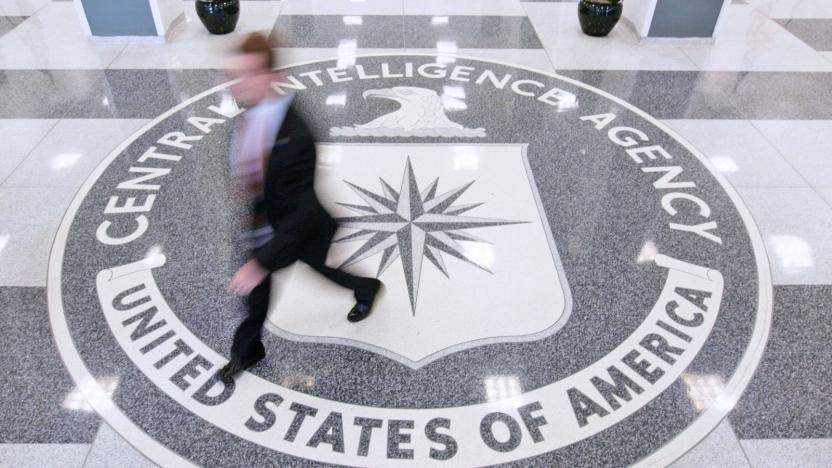
CIA reveals new guidelines for collecting data on Americans
There's no question that the US government's approach to handling sensitive data could stand an update to acknowledge the online age, and the CIA is taking a stab at it. The agency has published new procedures that govern how it collects, keeps and shares information on Americans under Executive Order 12333. The guidelines acknowledge that it's much, much easier to collect large volumes of data than when the Order surfaced in the 1980s, and that the nature of the internet requires restrictions that hadn't even been considered before.









